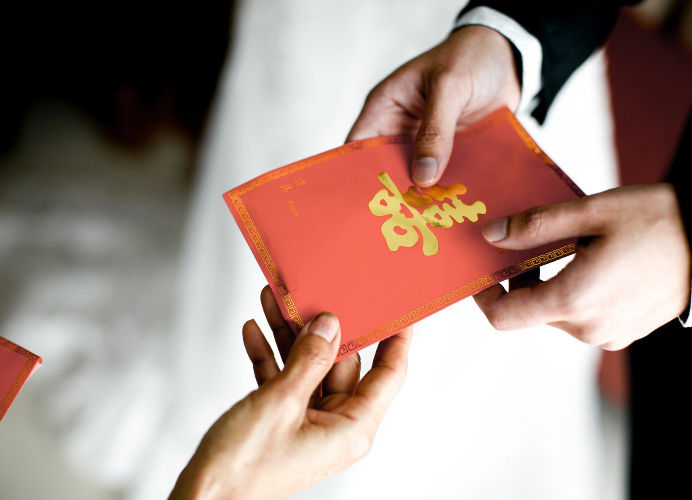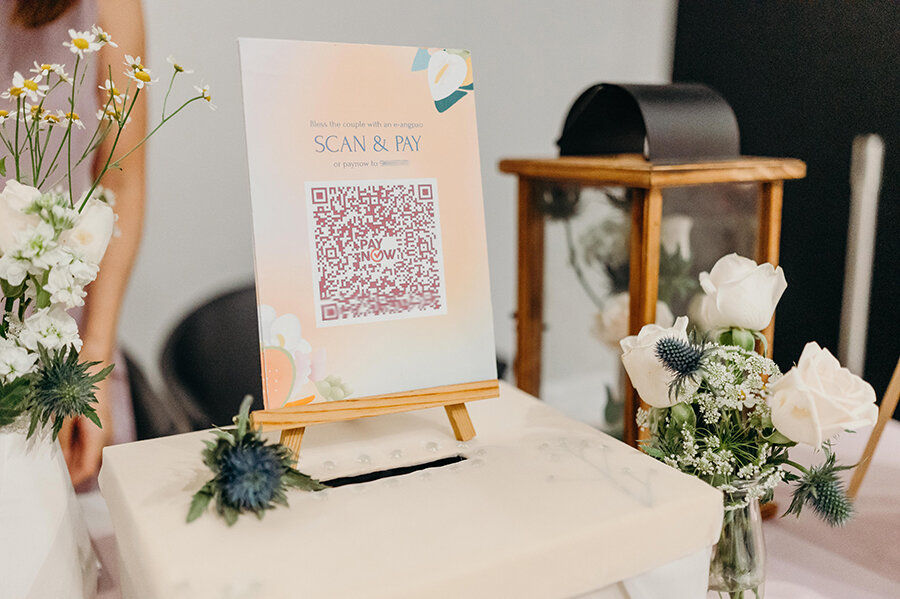The Unhealthy Tradition of Giving Red Packets at Wedding Banquets in Singapore
- circular connection
- May 27, 2024
- 3 min read
Updated: Jul 1, 2024
In Singapore, a significant cultural practice among the Chinese community involves giving red packets, known as "hongbao," to cover wedding banquet costs. This tradition, while rooted in a gesture of goodwill and support, has evolved into a contentious and often burdensome expectation, particularly when weddings are held in upscale hotels.

Image: Capella Hotels
The Endemic Phase and the Return of Large-Scale Banquets
With COVID-19 now endemic, Singapore has seen the return of large-scale wedding banquets. The pandemic had temporarily halted such grand celebrations, offering a brief respite from the financial pressures associated with them. However, as restrictions ease and life returns to a semblance of normalcy, the demand for luxurious wedding venues has surged. This resurgence brings with it the renewed expectation of substantial red packet contributions, reviving the financial strain on guests.
The Tradition of Red Packets
Red packets, traditionally given during Chinese New Year, weddings, and other celebratory events, symbolize good luck and prosperity. At weddings, these packets contain money intended to help newlyweds start their married life, offset wedding expenses, and ensure a prosperous future. However, the practice has become increasingly problematic in modern Singapore.

Image: The Wed Mag
Escalating Costs of Wedding Banquets
Wedding banquets in Singapore, especially those held at high-end hotels, come with a hefty price tag. It is not uncommon for a table of ten to cost between SGD 1,500 to SGD6,000. Given these steep prices, guests often feel pressured to contribute generously through their red packets. The expectation is to match or exceed the cost of their attendance, leading to significant financial strain.
Social Pressure and Financial Burden
The pressure to give large sums can lead to financial stress for guests. While the gesture is meant to be voluntary and from the heart, the unspoken expectation to cover or surpass the cost of one's meal transforms the tradition into a financial obligation. This can be particularly burdensome for younger guests or those with lower incomes, who may feel compelled to give beyond their means to maintain social appearances and adhere to cultural norms.

Image: The Good Citizen
The Vicious Cycle
This practice creates a vicious cycle. Couples, anticipating the substantial red packets, often opt for extravagant banquets, further inflating the costs and expectations. This leads to an arms race of sorts, where each subsequent wedding sets a higher benchmark for contributions, exacerbating the financial pressure on guests.
Breaking the Cycle
Addressing this unhealthy culture requires a shift in perspective from both couples and guests. Couples could consider more modest celebrations that focus on the meaningful aspects of the union rather than the opulence of the event. Guests, on their part, should feel empowered to give within their means without fear of judgment.
Promoting open conversations about financial expectations and cultural practices can help alleviate the pressure and foster a more supportive community atmosphere. After all, the true essence of the tradition is to share joy and support, not to impose financial burdens on a celebration.

Image: Singapore Brides
While the giving of red packets at wedding banquets is a well-intentioned tradition, its current manifestation in Singapore's Chinese community often leads to undue financial stress. By re-evaluating the expectations and promoting more modest celebrations, the community can preserve the spirit of the tradition without perpetuating an unhealthy cycle of escalating costs and social pressure.






